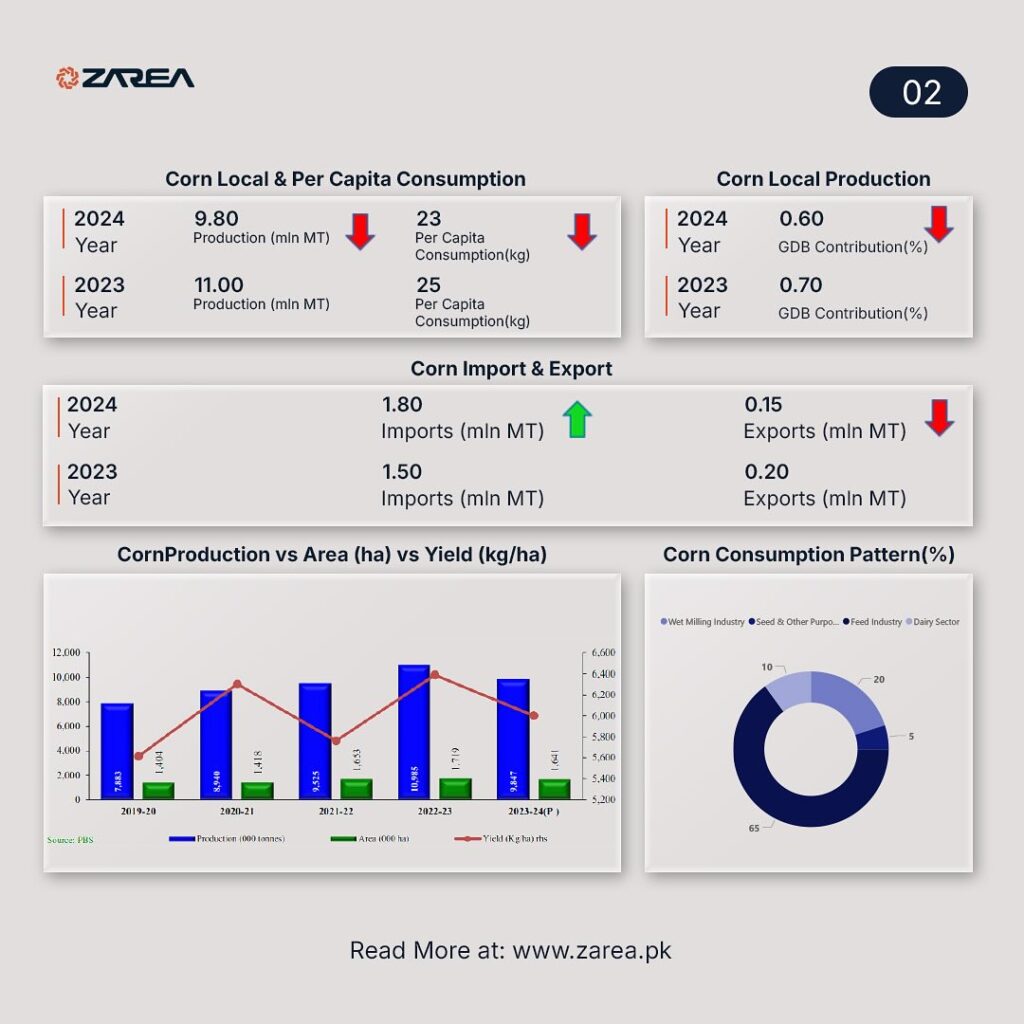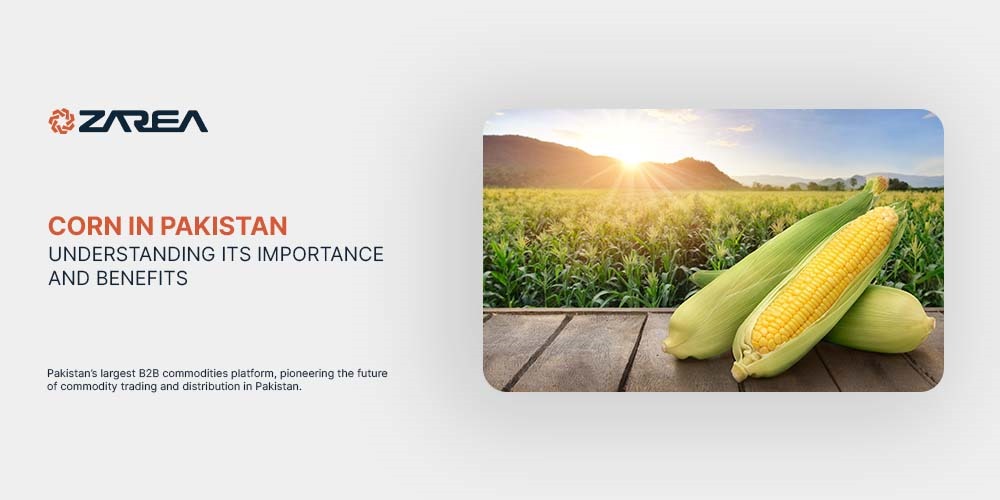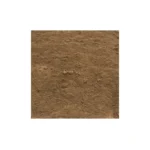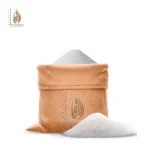Introduction to Corn – What is Corn and Maize?
Corn, popularly known by the name maize, plays a vital role in Pakistan as well as globally. Maize is considered a key crop in Pakistani agriculture and grows in a wide variety of climatic conditions; its use has been felt right from the household to industrial products.
At Zarea, we recognize the importance of corn in Pakistan’s agriculture. We offer a variety of corn products including corn cob red, corn cob white, and maize corn, catering to diverse consumer needs. The Revolutionary Power of Red Corn Cobs highlights the unique benefits and potential of this specific type of corn within the market. This blog will explore the significance of corn in Pakistan, its production trends, benefits, and future prospects.
The Agricultural Role of Corn in Pakistan:
Adaptability of corn to various climatic conditions and its role in rotation make it very beneficial for many local farmers by improving soil fertility and ensuring a more predictable harvest. The area under maize is spread widely over major provinces, where the two major producers are Punjab and Sindh. The significant contribution to the national economy and local livelihood has placed maize among the prioritized crops.
Nutritional Benefits of Maize:
Maize is also rich in vitamins, minerals, and dietary fiber needed for a healthy life besides being a source of calories. Its consumption helps control diabetes, prevents heart-related diseases, and is good for overall healthy eating.
Corn and Maize Trends in Pakistan:
- Production Decline: Production Decline: In 2023, Pakistan produced 11 million metric tons of corn. This amount fell to 9.8 million metric tons in 2024, signifying a reduction in domestic production.
- Increased Imports: Even though production fell, imports increased from 1.5 million metric tons in 2023 to 1.8 million metric tons in 2024, indicating a rising reliance on corn imports.
- Export Reduction: In contrast, corn exports fell from 0.20 million metric tons in 2023 to 0.15 million metric tons in 2024. This decrease may suggest increased domestic demands or diminished production rates.
Maize Flour – Uses and Health Advantages:
Maize flour is gaining popularity due to its gluten-free nature, making it a favored option for various cooking applications. It offers numerous health advantages, supporting digestion, supplying vital nutrients, and serving as a versatile component in many dishes.
Benefits of Maize – Nutritional and Economic Aspects:
Maize offers numerous benefits that extend beyond its agricultural value:
- Nutritional Benefits: Corn is high in carbohydrates, supplying vital energy for everyday tasks. It also includes vitamins such as B6 and folate, along with minerals like magnesium and phosphorus.
- Economic Impact: The maize sector sustains millions of jobs throughout Pakistan. From growers to processors and distributors, corn plays a vital role in the economy.
- Versatility: Corn can be transformed into different products such as flour, oil, starch, and sweeteners. This adaptability renders it a crucial component in numerous food items.
- Animal Feed: As a key element in livestock feed, maize is essential for bolstering the poultry and dairy sectors.
- Sustainability: Maize can thrive in various environments with comparatively low input expenses compared to other crops, rendering it a viable option for farmers. Moreover, maize cultivation plays a crucial role in agricultural biomass, aiding in energy production and minimizing waste via biofuel creation.
Economic Impact of Maize Production:
The economic impact of maize is profound, influencing the agricultural sector by providing raw materials for various industries and creating employment opportunities in rural areas. Its production supports numerous sectors, including the burgeoning biofuel industry.

Explore Our Premium Corns:
At Zarea, we make sure that we deliver quality, locally available maize products to meet the needs for all kinds of consumers. Be it ingredients for your next creation or healthier alternatives to fit into your daily life, our line of corn products has everything you could think of. Take a look at:
- Corn Cob Red: Perfect for those seeking a unique variety of corn with exceptional taste and quality.
- Corn Cob White: A versatile choice that can be used in a multitude of recipes, ensuring great flavor and texture.
- Maize Corn: Sourced directly from the fertile fields of Pakistan, offering nutritional benefits and a fresh, natural taste.
Future Prospects for Corn Cultivation in Pakistan:
Looking ahead, several factors will influence the future of corn cultivation in Pakistan:
- Technological Advancements: Ongoing funding in research and development will result in enhanced seed varieties that are more resilient to pests and diseases.
- Climate Resilience: Adjusting agricultural methods to address climate change will be essential for maintaining yields.
- Market Demand: With the growing global demand for maize, particularly for biofuels, Pakistan is poised to gain from greater export prospects.
- Government Policies: Encouraging agricultural policies will significantly contribute to improving production efficiency and increasing farmer profitability.
- Consumer Awareness: Rising awareness regarding the health advantages of maize is expected to boost domestic consumption.
Conclusion – The Future of Corn in Pakistan:
The outlook for maize in Pakistan appears bright due to improvements in farming methods and enhanced government backing. As Zarea persistently provides top-notch maize products, it stays at the leading edge of promoting sustainable farming methods and aiding the country’s food security.
FAQs:
Where is corn grown in Pakistan?
Corn is mainly grown in the Punjab subregions, which make up 85% of the total output, while Khyber Pakhtunkhwa (KP) contributes 15% to the total production.
Who is the largest exporter of corn?
Brazil is the largest exporter of corn.
Is corn good for health?
Corn offers dietary fiber and beneficial plant compounds but can spike blood sugar and hinder weight loss if over consumed; moderation is key.
Does Pakistan grow corn?
Yes, Pakistan grows corn, with about two-thirds of its total production of approximately 10 million tons used for poultry feed, while the remainder supports livestock fodder, commercial uses, and human consumption.

































